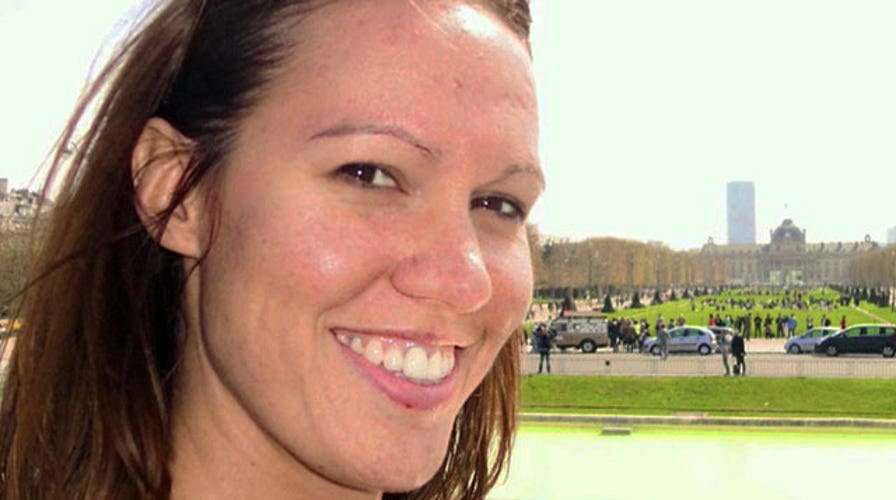WASHINGTON – Dozens of states are joining the push to crack down on so-called "revenge porn" -- the posting of X-rated photos or videos online meant to embarrass or blackmail someone.
Colorado is the latest to take up legislation, with a committee meeting planned for Thursday to look at criminalizing revenge pornography. If successful, the bill would make it a misdemeanor to publish these kinds of images.
As victims of this practice begin to speak out, other states already are taking action.
During the 2014 legislative session, anti-revenge porn bills were introduced or pending in 27 states, the District of Columbia and Puerto Rico, according to the National Conference of State Legislatures. So far, legislation to outlaw the practice has passed this year in Idaho, Virginia and Wisconsin.
In Colorado, the proposal would make it a misdemeanor for adults to publish material that could cause “serious emotional distress.” Offenders would also be fined at least $10,000 and ordered to remove the images from the Internet.
Denver Democratic state Rep. Dan Pabon, one of the sponsors of the bill, told The Associated Press there’s a “serious gap in the law” when it comes to the topic. He says he’s concerned there are instances where people already in abusive relationships would have the threat of private images or videos going public to prohibit them from going to the authorities or seeking help.
But not everyone is on board with creating new laws to crack down on people publishing this material.
Denise Maes, the public policy director of the Colorado chapter of the American Civil Liberties Union, said they are worried these bills will violate free-speech rights.
“We are far from convinced that adding new criminal penalties and giving the government more free rein to monitor people’s activities, postings and correspondences online is the answer,” Maes said.
Currently, three other states have laws on the books banning revenge porn, including California. Last year, the state’s attorney general successfully went after the alleged operator of a revenge porn website.
Kevin Bollaert, 27, was charged with identity theft and extortion. Bollaert ran the now-defunct site ugoposted.com, which showcased more than 10,000 explicit pictures posted without the permission of the people in the pictures.
“This website published intimate photos of unsuspecting victims,” Kamala Harris, California attorney general, said in a statement, “and turned their public humiliation and betrayal into a commodity with the potential to devastate lives.”
The site was set up not just to house pictures but also publish information about the people. Each photo had a link to a Facebook profile, according to Harris’ office. Additional court documents alleged Bollaert also ran changeyourreputation.com, which charged subjects $300 to have their photos taken off the site.
The effort to crack down on revenge porn is on track to be debated on a federal level too.
Rep. Jackie Speier, D-Calif., is pitching legislation that would criminalize the non-consensual online distribution of lewd content by jilted exes. The legislation, however, faces an uphill battle and doesn’t address details such as the maximum punishment for offenders.
One advocate for revenge porn victims, Holly Jacobs, told FoxNews.com last year that the activity is tantamount to "cyber-rape."
"It's all about the guy having control over the woman and exploiting her in a sexual way -- the same way real-life rape does that. It violates you over and over again," she said.
She said she was a victim in 2009, when she found naked photos of herself on one of these websites. Jacobs later created the website "End Revenge Porn" and formed the group Cyber Civil Rights Initiative (CCRI), where she serves as CEO and executive director.





